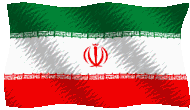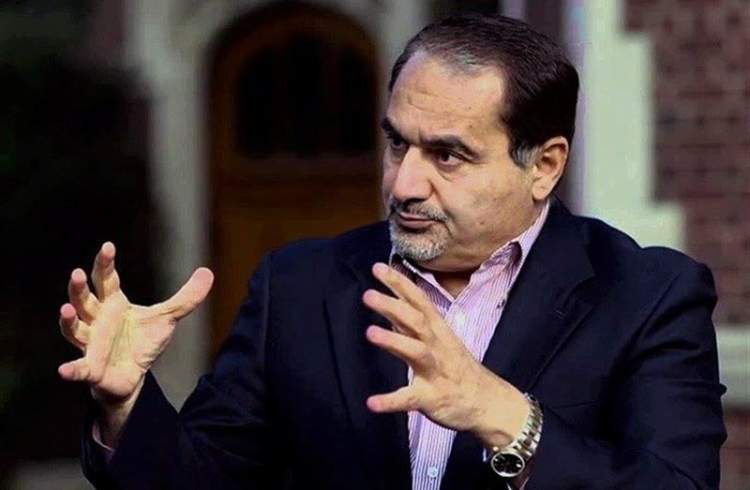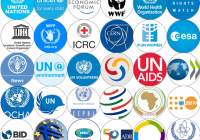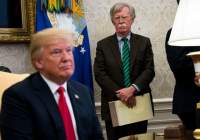The top commander of the Islamic Revolutionary Guard Corps (IRGC), Maj. Gen. Mohammad Ali Jafari, earlier this week declared that Iran has trained 100,000 voluntary forces to share experiences and know-how with the Iraqi and Syrian militaries. In this vein, Jafari also asserted that Iran’s strategy in the region has been far more effective in containing the Islamic State’s (IS') terrorism compared to that of the United States, which has spent a hefty amount for the same purpose.
- US moves against cybersecurity ‘risk’ posed by China-made port infrastructure
- Israeli conspiracy behind Iran gas pipeline explosions: Minister
- Assault on Rafah will be met with decisive response: Resistance groups
- India regulator finds $240 mln diverted out of Zee's books, sources say
- Elections are main pillar of the Islamic Republic & in it people are the owners of the country
- Tragedy in Gaza proved current world order is false and will be destroyed :Ayatollah Khamenei
- UNSC to hold meeting on Ukraine on July 17 to be attended by top diplomats
- Today confrontation is btw. the Islamic system & the lying front that calls itself liberal democracy
- Zionists rightly worried about not seeing 80th anniv: Ayatollah Khamenei
- Various mutual capacities require agreements of the two countries to be implemented as soon as possible: Raisi





